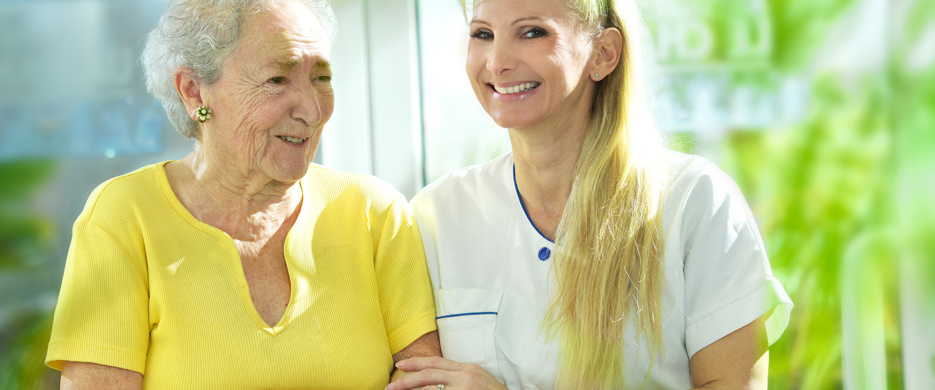Supreme Court decision on Life Support Management
A Supreme Court decision in the case of Mr Y, ruled last month that in certain circumstances it will no longer be necessary for the family of a patient with a “prolonged disorder of consciousness” to apply to the Court of Protection to withdraw life support.
Mr Y was a banker in his 50s and he sadly suffered a heart attack last year resulting in severe brain damage. It was considered highly unlikely that he would ever regain consciousness.
Mr Y had not made a Health and Welfare Lasting Power of Attorney. If he had, then he could have permitted his attorneys to make life-sustaining decisions on his behalf if he did not have the mental capacity to make these decisions himself.
It is also possible to draw up a document called an Advance Decision (also known as a Living Will) to set out what you would want to happen to you in certain circumstances.
Without the Health and Welfare Lasting Power of Attorney or the Advance Decision, the family and doctors of the patient would need to apply to the Court of Protection for an Order allowing the removal of life support. It should be noted that doctors can withdraw treatment but cannot withdraw food and water (clinically assisted nutrition and hydration).
Applying to the Courts can be expensive for the family or for the local NHS Trust and the process can take months or even years. The Court proceedings are also very upsetting and distressing for the family of the patient.
Now it seems that if the family and doctors are in agreement, there is no need to apply to the Court of Protection. It is expected that in future, applications will only be made if the doctors and family do not agree or if a third-party objects.
It is difficult to be happy about the implications of this decision as behind every one of these cases is a story of family suffering. There is estimated to be about 1,500 new situations each year of patients in a vegetative state, and about 3,000 of those patients alive at any one time.
In Mr Y’s case, his family and doctors were in agreement that it would be in his best interest to let him die by withdrawing the clinically assisted nutrition and hydration. His NHS Trust asked the High Court to declare that it was not necessary to apply to the Court of Protection for a ruling when family and doctors agree and it is in the patient’s best interest. The Judge agreed; however, the Official Solicitor appealed on behalf of Mr Y. Sadly, Mr Y died but the case continued so that a Court ruling could be made. It should be said in this case that Mrs Y and their children believed that Mr Y would not have wanted to be kept alive given the prognosis.
The ruling will certainly make the position a bit easier for families where they are in agreement with the doctors. It was stated in the Judgment however that the medical team must always make their treatment decisions by determining what is in the patient’s best interest and that “if it transpires that the way forward is finely balanced or there is a difference of a medical opinion or a lack of agreement from persons with an interest in the patient’s welfare then a Court application can and should be made”.
Individuals can make matters easier for their families by drawing up Health and Welfare Lasting Powers of Attorney and also considering drawing up Advance Decisions. As always, we are happy to talk to you to try and implement your wishes. Please contact our Private Client Team on 0330 0945 500, email info@nevesllp.co.uk or complete our Contact Form and we'll get back to you.

